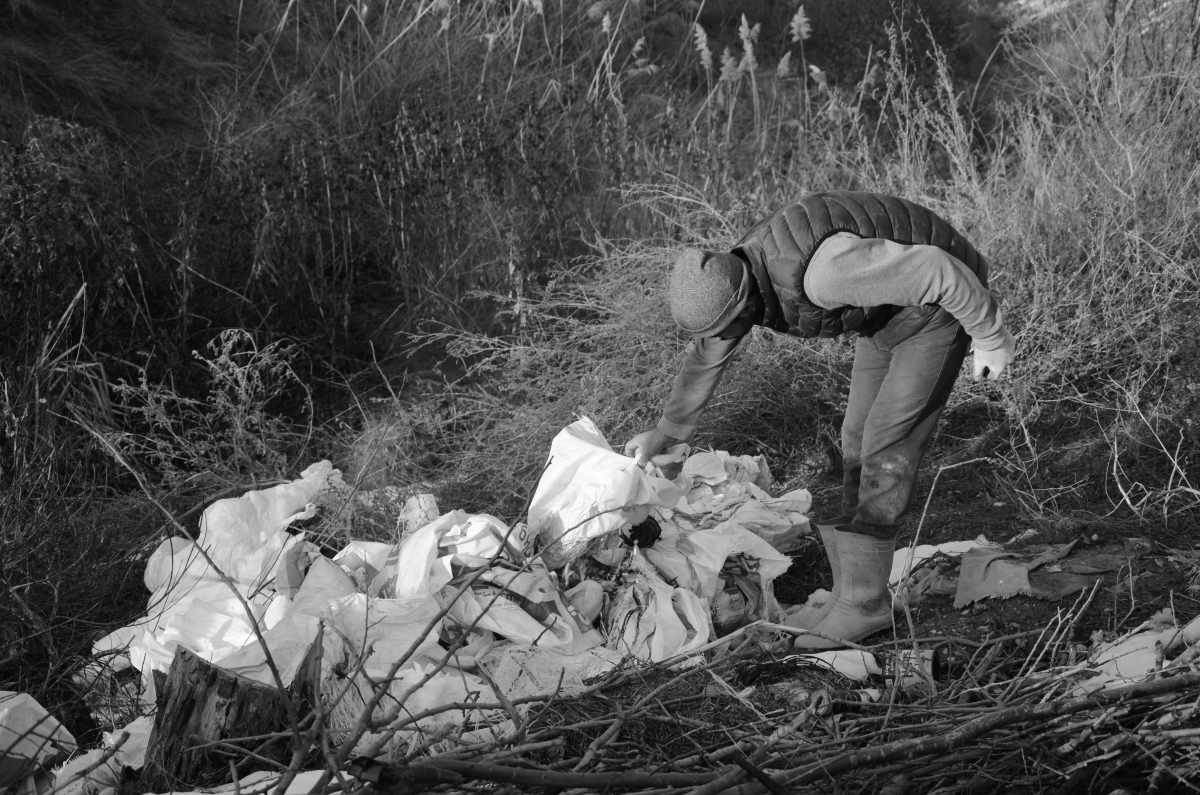Is Climate Change Creating New Seasons? Earth May No Longer Have Just Four

New seasons have arrived on Earth, and that is not good news, as per experts. A study published in Progress in Environmental Geography explains how these new seasons are consequences of human actions. The introduction of new seasons could potentially lead to widespread havoc across Earth, as seasons are a vital part of different processes for humans and other beings. Researchers believe that different conditions proposed by these new entrants, like 'haze' and 'trash' seasons, could facilitate changes that might cause irreparable damage to the existing ecosystem. Hence, they believe a proper protective strategy against these 'seasons' is the need of the hour.

Important Role of Seasons
Seasons have always been a crucial factor in the management of human activities, like farming and cultural celebrations, as well as processes like nature's cycles, according to The Conversation. These new seasons described in the study are unprecedented, meaning they have never been noted prior in the environment. It implies that the ecosystem has never faced such conditions before, which may not be able to manage the new developments coherently. Some of these new occurrences discussed in the study include 'haze' and 'trash' seasons.

'Haze' and 'Trash' Seasons
Haze seasons supposedly happen in places like the northern and equatorial nations of Southeast Asia. In these periods, the sky appears to be filled with smoke for several weeks. In the last few years, an annual trash season has been observed in Indonesia. It occurs sometime between November and March. During this time, tidal patterns appear to be carrying plastics to the shores of Bali. Researchers claim that these new seasons are essentially anthropogenic, implying that human actions have facilitated these alterations. Haze season's origin has been traced to the massive burning of vegetation in the northern and equatorial nations of Southeast Asia. This practice is conducted for agriculture when the atmosphere does not provide much moisture. Trash season is the outcome of non-recyclable waste produced by humans.
Along with new seasons, human actions specifically related to climate change have also facilitated alterations in known seasons. The team calls the effect 'syncopated seasons.' Researchers believe that even the season's typical patterns are changing due to human actions. These 'syncopated' seasons have been noted in the form of milder winters and hotter summers in temperate areas.
Imagine heading to a beach, only to find mountains of plastic. Some places now have a "trash season," when ocean garbage washes ashore en masse. Are we past the point of no return? #PlasticPollution pic.twitter.com/T57VWQwtm4
— earthabc (@earthabc_com) July 28, 2025
Vanishing Seasons
The changes are becoming more frequent and extreme, putting the ecosystem under incomparable stress. Researchers have also noted some seasons disappearing altogether in certain regions. This disappearance can potentially alter migratory animal behavior, putting many food chains in considerable danger. The study claims that many events designed around seasons are getting visibly altered. Breeding seasons are arriving early, growing seasons have become longer, while hibernating seasons have been reduced. The changed behavior puts many beings in jeopardy, who depend on the duration of these processes for their life cycle.
Since haze season is back, a reminder that individual actions help mobilise policy changes & campaigns for a cleaner air in Malaysia! There are local two NGOs that mainly work on air pollution, they are Greenpeace Malaysia & Cerah Malaysia. Consider donating & volunteering!
— aidil (@climateaidil) July 20, 2025
Experts believe that it is the need of the hour that the root causes of the new seasons and altering patterns in the existing seasons are dealt with carefully. Researchers claim that even though knowing about these changes gives humans a leg up in alleviating their consequences, it is only through efforts towards returning to 'normal' seasons that Earth can be saved from doom.